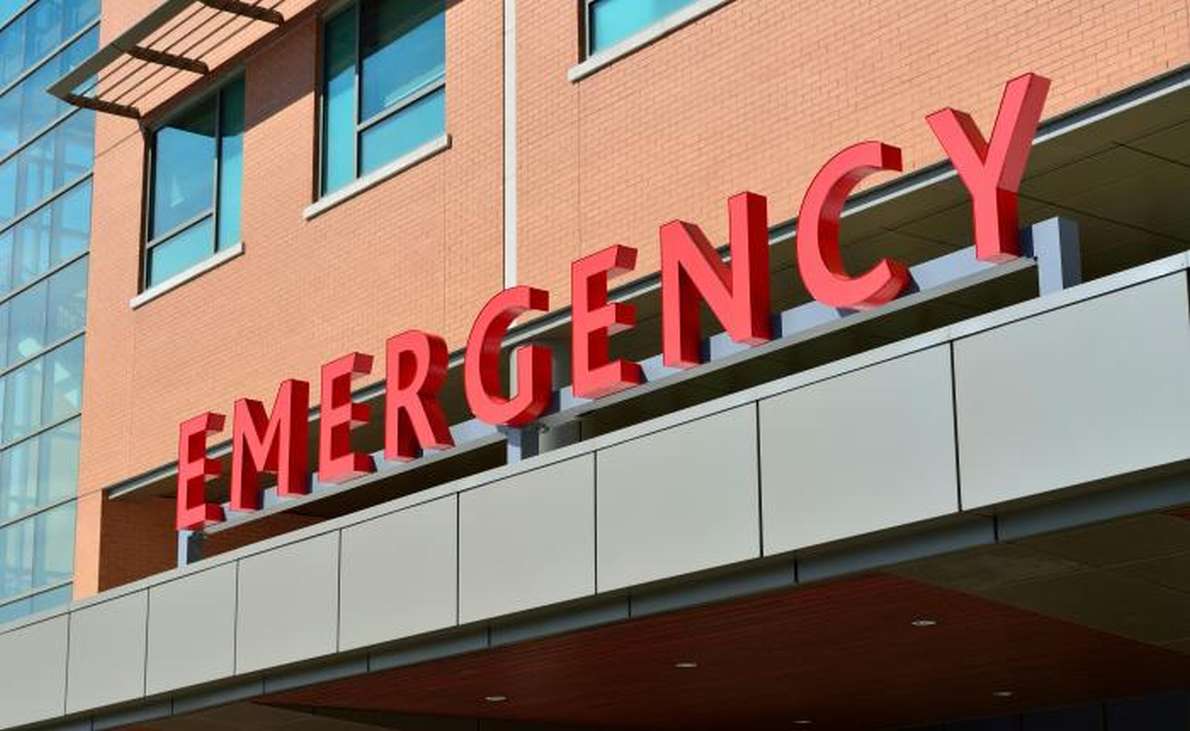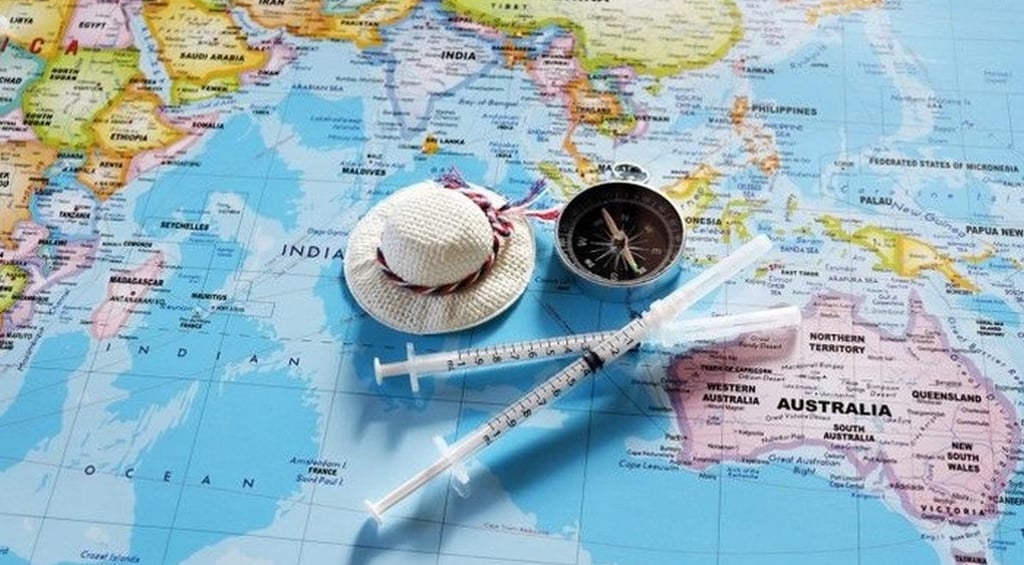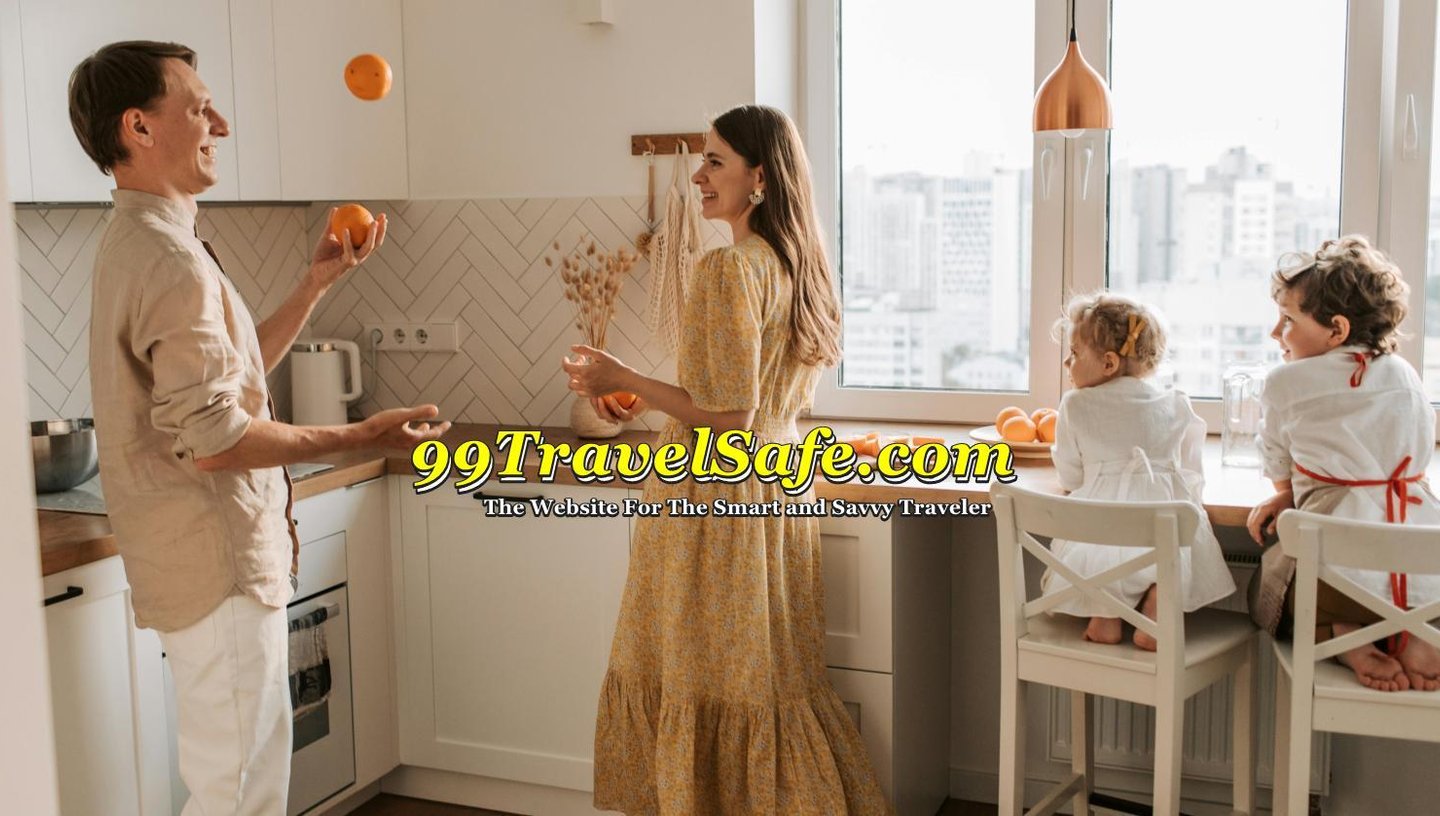

99TravelSafe.com
The Website For The Smart and Savvy Traveler
5 - Travel Health and Safety!
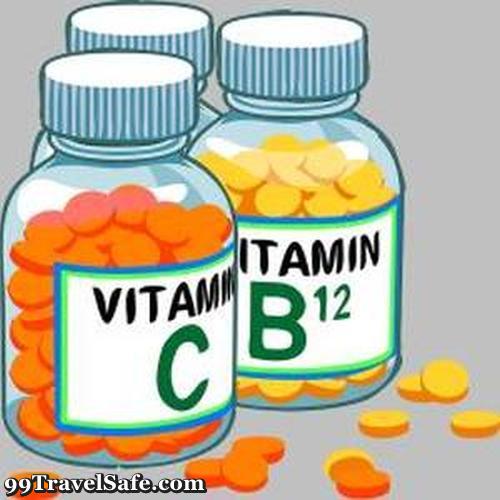

Advertisement
The Risk of Getting Sick Overseas
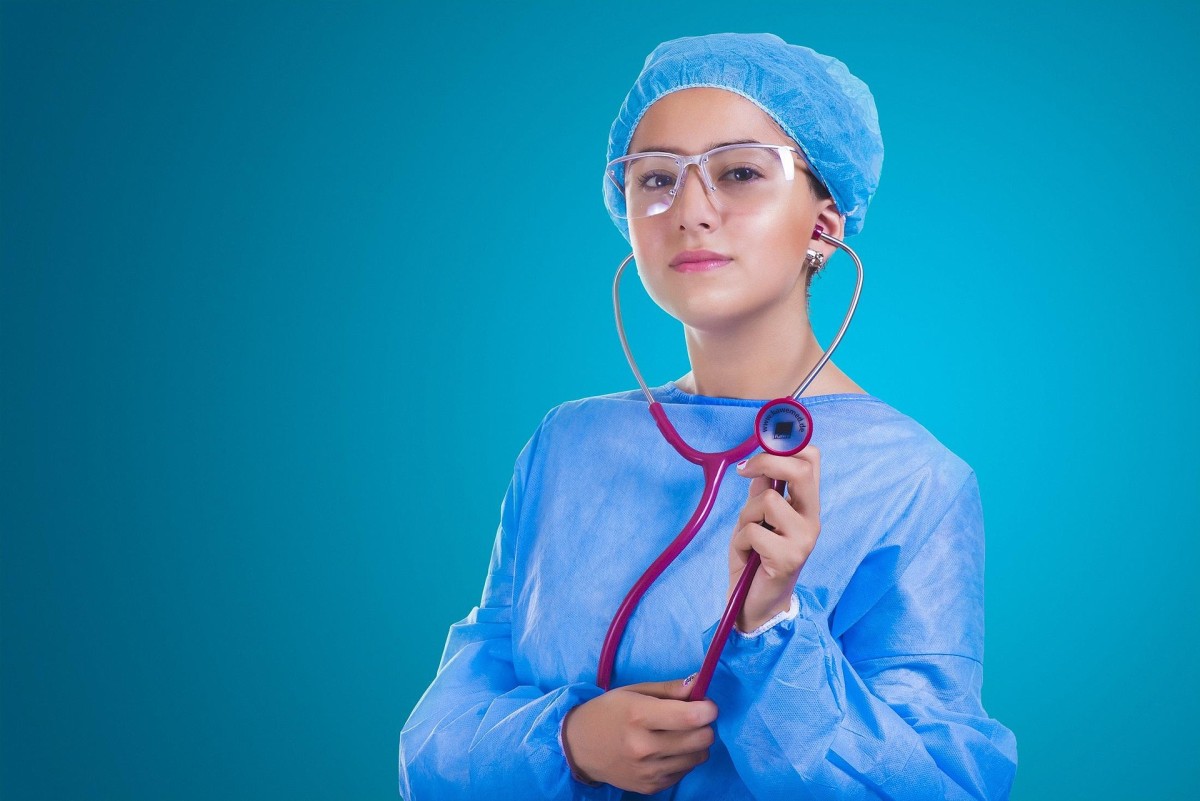

Getting sick overseas can affect your health in the short and long term. It can also affect your safety and finances. Medical care overseas can be expensive
Anyone can get sick or injured overseas. Even if you're usually fit and healthy. Your health is your responsibility
Health Risks
Travel health risks include:
-- Infectious Diseases
-- Worsening of pre-existing illnesses, including mental health conditions
-- Injury from Accidents
-- Heat, Cold and Altitude-Related Illness
-- Allergic Reactions
-- Illnesses such as stroke or heart attack!
Health Checklist Before You Go
-- Research your destination
-- Talk to your doctor
-- Prepare your medicines and medical supplies
-- Think about what activities you're planning
-- Taking care of your health while you're away
You will enjoy your time overseas more if you don't get sick or injured. You can make choices that reduce your risks while you are there
-- Wash your hands often. Or use hand sanitiser
-- Eat and drink safe food and water
-- Protect yourself against insect bites
-- Use sunscreen and other sun protection
-- Take action to prevent blood clots caused by long-haul travel
-- Take action to prevent illnesses related to heat, cold, and altitude
-- Practice safer sex
-- Wear a helmet and proper protective clothing when riding a scooter
-- Follow road rules and drive defensively. Particularly if you're unfamiliar with the traffic conditions
-- Choose tattoo, piercing and medical providers with high safety and hygiene standards
Always check the condition of
Safety gear provided for activities
Any vehicle you hire, including scooters and quad bikes
Check the gear or vehicle before you use it. Don't use it if you're not comfortable with the condition. Go elsewhere!
Get medical advice if you feel unwell overseas or when you get back to your country. Know how to get medical care where you're travelling
Prepare your medicines and medical supplies
Take a small first aid kit with you. Include things like:
-- Headache tablets
-- Antiseptic lotion
-- Cotton wool
-- Waterproof band-aids
-- SPF 30-50+ sunscreen
-- Insect repellent
If you take regular medicine, plan how to access it while you're away. Ideally, take enough medicine for your whole trip. You may have challenges refilling your script or finding medical supplies overseas
Your medicine may not be available or legal where you're going. This includes prescription and over-the-counter medicine. Find out the local laws before you go
If you have to buy medicines overseas, check the strength of the medicine and the active ingredients with a doctor or pharmacist there. It may be different to what you're used to. Beware of imitation or counterfeit medicines
Advertisement
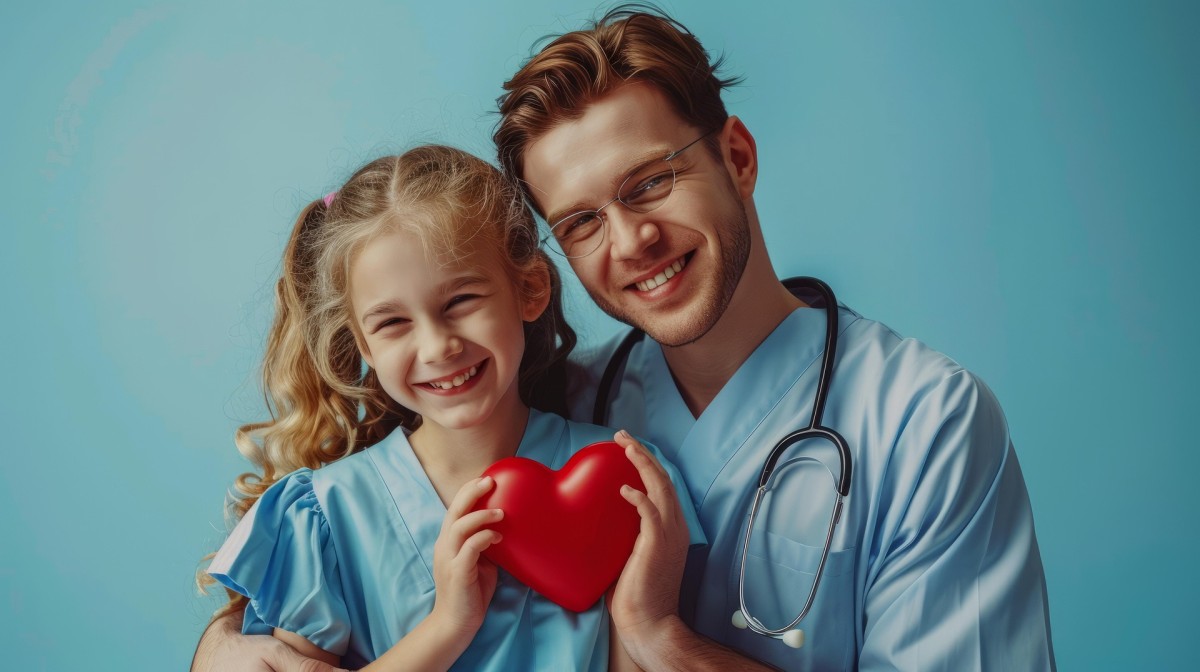

Advertisement
More on Travel Health and Safety
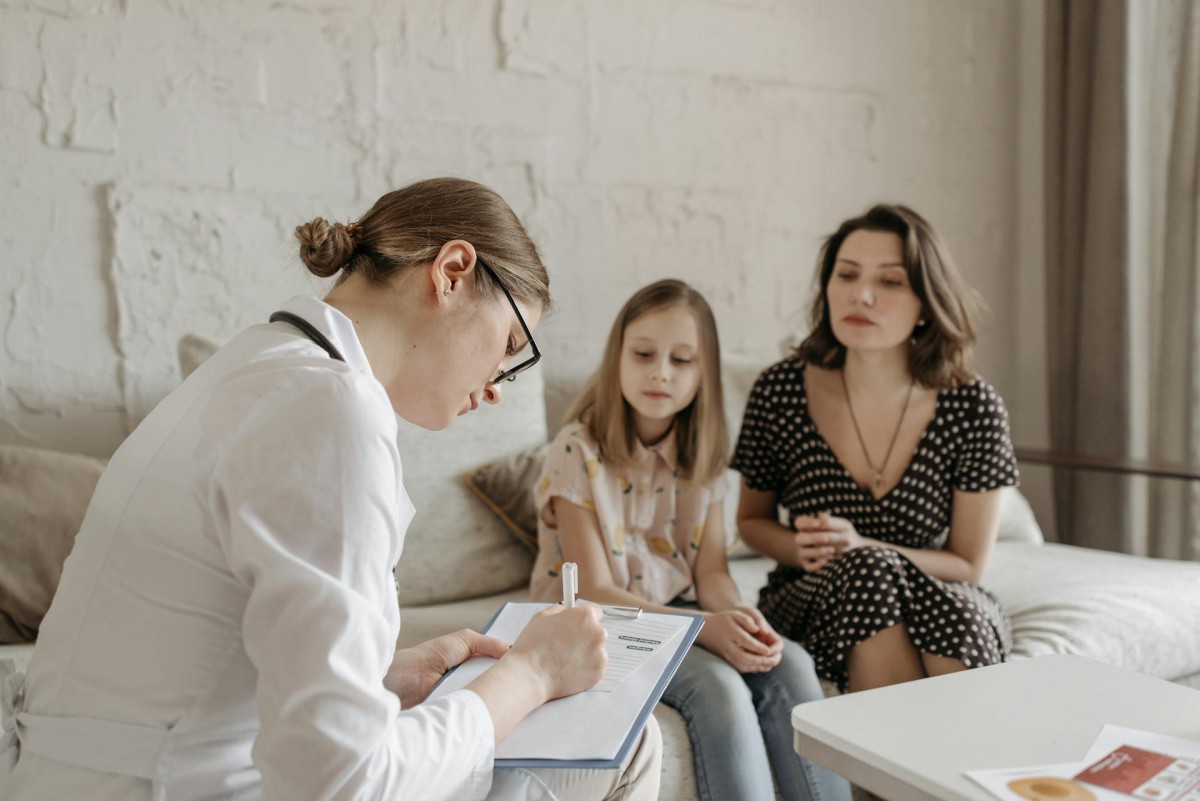

To get a list of Western-trained, English-speaking doctors in 140 countries you may contact the International Association for Medical Assistance for Travelers at this number
1-716-754-4883
or their website
Buy adequate and appropriate Travel Insurance
Check if your medication is legal in the country that you are visiting
Pack all medication in your hand luggage
If you are taking prescribed medication, take the prescription and a doctor’s letter with you!
Be safe in the Sun. Avoid excessive sunbathing, especially between 11am and 3pm and wear a good quality sunscreen
Drink plenty of water. If you drink alcohol or use some kind of drugs your body can become dehydrated, especially in a hot climate
Practice abstinence or safe sex - always use a condom
Find out the local emergency number and the address of the nearest hospital when you arrive overseas. Your local guide or accommodation manager can help you with this
Keep all medication and medical bags out of reach of children
Make sure everyone maintains a healthy diet, which will help everyone adjust to new locations
Drink plenty of fluid when traveling - you may want to stock up on bottled water or purchase bottled water at your destination
Be very careful with ice and salads and water quality!
Stomach upsets are one of the most common travel related illnesses. If a restaurant or its food does not look clean and fresh, don't eat there!
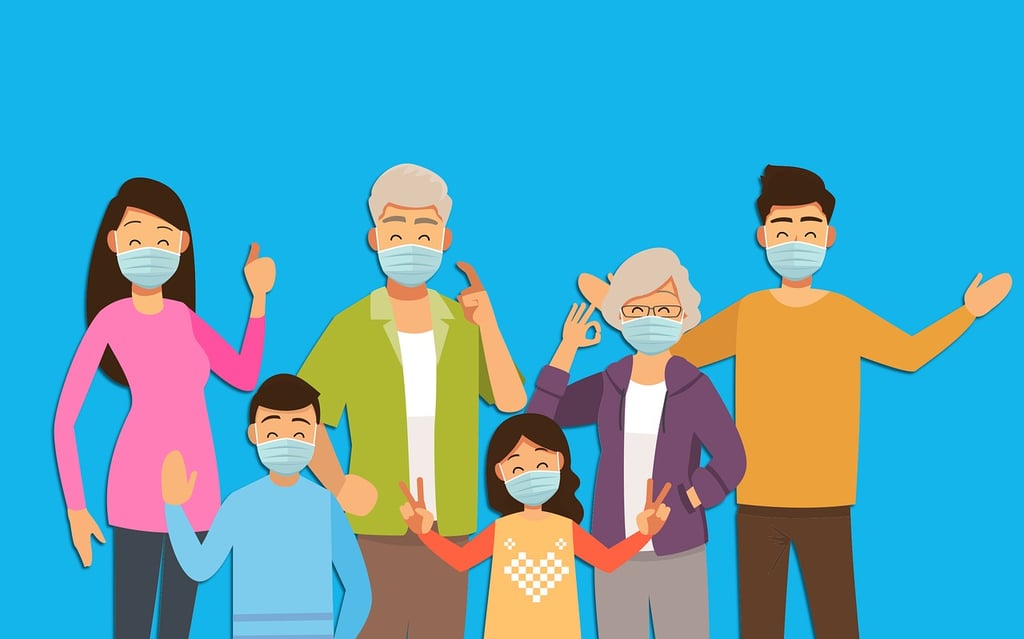

Advertisement
Advertisement
Things To Consider To Maintain Full Health During Travel


Get plenty of rest. Although you might want to pack in as much each day as possible, remember that children need their rest and the best rest is between 9:00 p.m. and 5:00 a.m. Maintaining a normal bedtime for children means happier, well rested children who can enjoy the activities planned for the vacation. Tired children are more apt to be susceptible to illness
Parents need their rest and quiet time too. Plan on an early night every other day to keep up with sleep.
Be Aware of Family Allergies!
Wash hands often. Keep pre-moistened antiseptic wipes anduse them before eating
Do research about your destination. Check with local health department for health concerns to be aware of
Store food and drinks properly. Bottles need to be washed with soap and hot water. Don't reuse water bottles while traveling - bacteria can start to grow as soon as your mouth contacts the water. Get fresh bottles everyday
Leftover baby food should be discarded if baby is fed directly from a jar. Untouched baby food should be refrigerated or discarded
Most hotels and resorts will be able to assist you in the event of someone in the family becoming sick or requiring medical attention, including providing names of local health care providers
If a family member has a special medical condition, check with your doctor to obtain references for a physician to contact at your destination if a problem occurs
If possible, clean all scrapes and cuts and then treat them with an antibacterial ointment to help avoid infection
For burns - seek medical attention immediately for severe burns. If the burns are mild, immerse in cool water
In an emergency try to remain as calm as possible!
If a head injury or bump occurs, watch for symptoms of a concussion, which may include loss of consciousness (even for a second or two), persistent vomiting, lethargy, sleepiness or unequal pupil size. seek expert medical advice urgently!
If you are traveling abroad to seek medical treatment, find out about:
-- Qualifications of Staff
-- Morbidity Rates
-- Success Rates of the surgeon who will carry out the operation, if any
-- Infection rates
-- Additional treatment in case of complications
-- Extended stay for your family & friends who are accompanying you
-- Medical evacuation to your own country, if needed!
Advertisement
Advertisement
